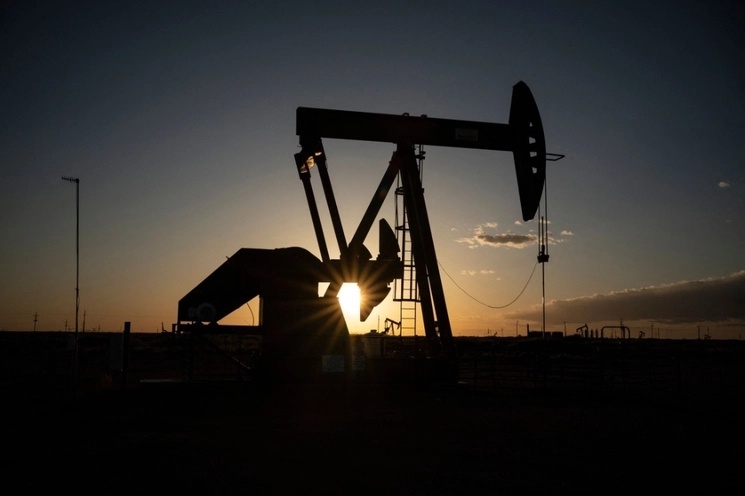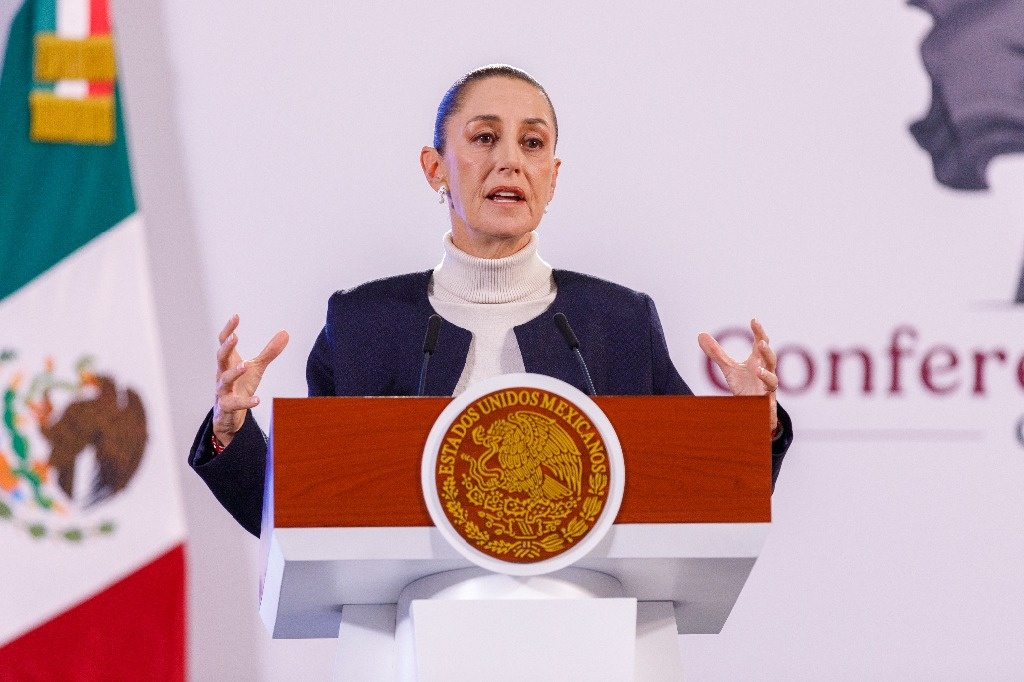London/Dubai. A meeting of OPEC+ chief ministers left oil production policy unchanged, including a plan to start increasing output from December, while underscoring the need for some members to make further cuts to compensate for the glut. of production.
Several ministers from the Organization of the Petroleum Exporting Countries and allies led by Russia, a group known as OPEC+, held an online meeting of the Joint Ministerial Monitoring Committee (JMMC) on Wednesday.
“The JMMC emphasized the critical importance of achieving full compliance and compensation,” OPEC said in a statement after the meeting. “In addition, the Committee will continually evaluate market conditions.”
LCOc1 oil prices fell below $70 a barrel in September for the first time since 2021, but have since recovered above $75 on concerns that a possible escalation in the Middle East following the military attack in Iran to Israel could disrupt production in the region.
OPEC+ is cutting production by a total of 5.86 million barrels per day (bpd), or about 5.7 percent of global demand, in a series of measures agreed from the end of 2022.
The group plans a 180,000 bpd increase in December as part of a gradual reduction of its most recent layer of voluntary cuts that extends to 2025. The increase was delayed from October after falling prices.
The countries’ compliance was in the focus of the meeting, they told Reuters sources who attended it, and it is expected that it will continue to be so in the coming weeks, especially by Iraq and Kazakhstan.
These countries have promised what are known as compensatory cuts of 123,000 bpd in September and more in subsequent months to compensate for their previous excess production.
According to the OPEC statement, Iraq, Kazakhstan and Russia declared at the meeting that they had fulfilled the cuts promised for September.
But this will have to be verified before the second week of October by secondary sources, the consulting firms and price information agencies that the group uses to determine the production levels of its members, the statement added.
An OPEC+ source told Reuters last week that clarity on whether compensation cuts were made in September would allow the December increase to move forward.
However, a lack of compliance could lead Saudi Arabia and other countries to increase production even faster starting in December, according to analysts.
“If they fail to deliver, we can expect a quicker expiration of the voluntary cuts,” RBC Capital’s Helima Croft said in a report.
The JMMC, which brings together the oil ministers of Saudi Arabia, Russia and other major producers, usually meets every two months and can make recommendations to change policy. It will hold its next meeting on December 1, before the OPEC+ plenary meeting.
#OPEC #ministers #maintain #oil #production #policy
–


